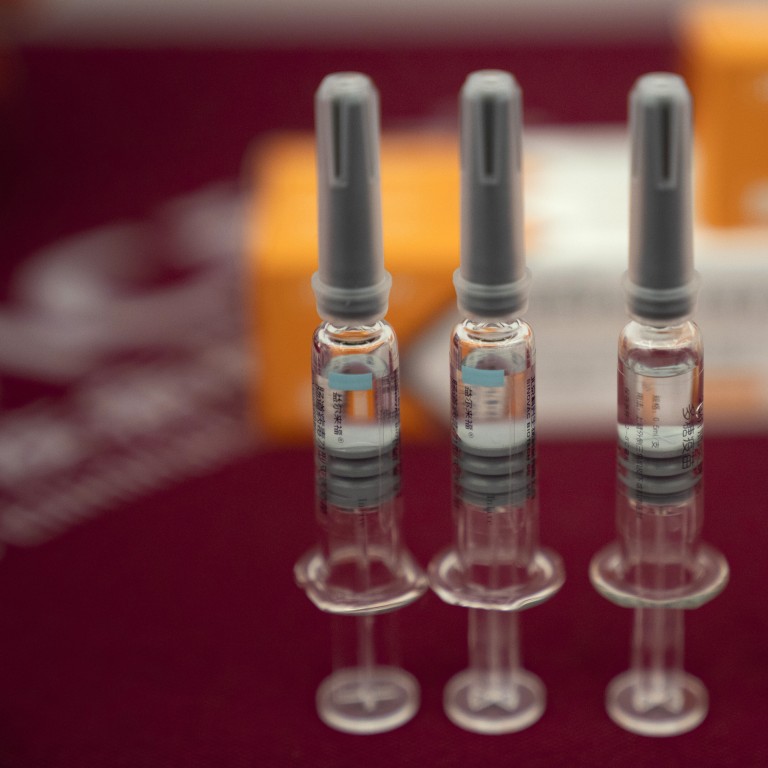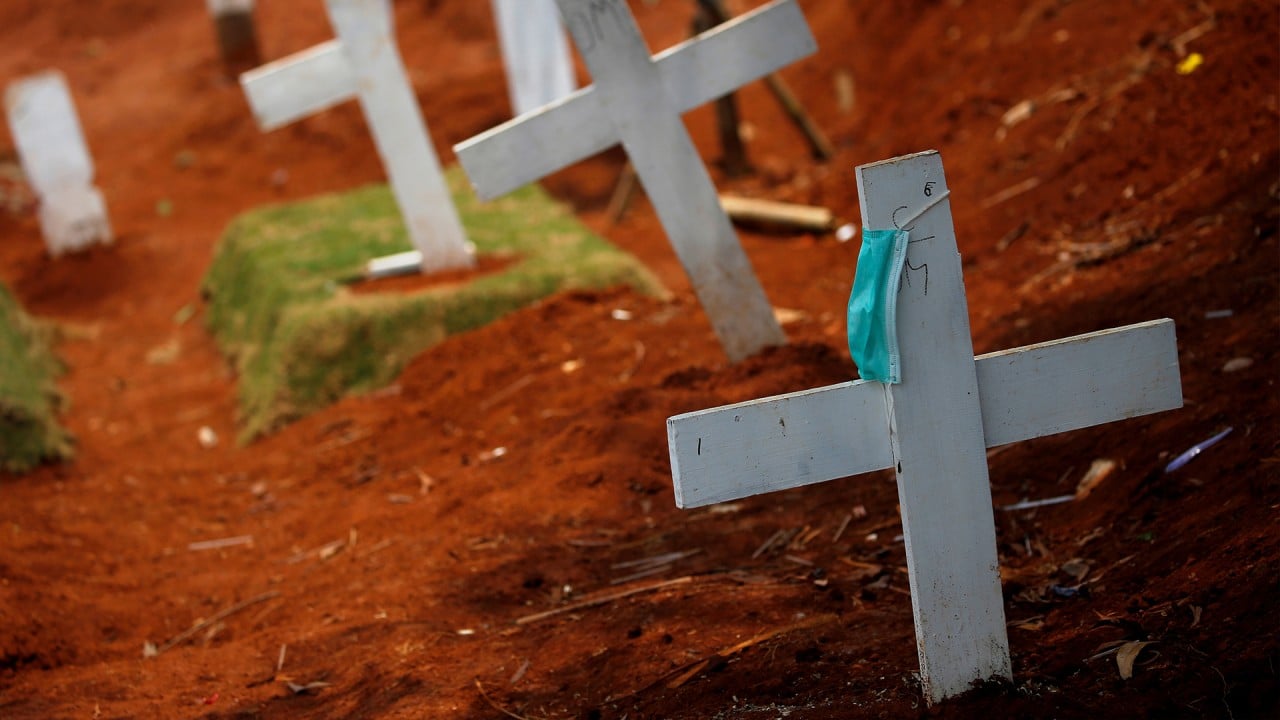
Covid-19 vaccine may not be ready until the end of 2021, WHO says
- That’s the COVAX target for the first 2 billion doses, based on progress of trials in the global scheme, according to official
- Western Pacific regional coordinator also says China is in talks to have its experimental vaccines assessed for emergency use
WHO Western Pacific regional coordinator Socorro Escalante said that going by the target date of COVAX, a WHO-led global scheme for fair distribution of future vaccines against Covid-19, a widespread and affordable vaccine would not be available in the market for more than a year.
“When we are looking at the target of COVAX, it’s by the end of 2021 that they are trying to come up with the first 2 billion doses that will be allocated to all countries who are participating,” Escalante said, based on the current progress of vaccine trials under the scheme.
In September, WHO spokeswoman Margaret Harris told reporters that widespread vaccinations were not expected until the middle of next year.

06:03
Worldwide Covid-19 death toll surpasses 1 million
The latest remark from Escalante pushes the prospect of its availability by several months, indicating that a longer wait time is needed to curb the spread of the virus through a vaccine.
She said that 193 candidate vaccines are currently under trial, 42 of which are in advanced stages, with 10 others already in phase 3 trials in which scientists give the vaccine to thousands of people and wait to see how many become infected, compared with volunteers who received a placebo.
Sinovac vaccine trial said to be stalled in Bangladesh over funding
Despite this, Escalante said China and Russia were conducting their own clinical trials on potential vaccines, suggesting the medicine may be commercially available at an earlier time if the two countries become successful.
She also said China was in talks to have its vaccine candidates assessed by the WHO, as a step towards making them available for international use.
Escalante said China had held preliminary discussions with the WHO to have its vaccines included in a list for emergency use.
The WHO’s emergency use listing procedure allows unlicensed vaccines and treatments to be assessed to expedite their availability in public health emergencies. This helps WHO member states and UN procurement agencies to determine the acceptability of the vaccines.
“Potentially through this emergency use listing the quality and safety of these vaccines and efficacy could be assessed … and then this could be made available for our licensees,” Escalante said.
Do Chinese Covid-19 vaccines work, and which countries will get them?
China has at least four experimental vaccines in the final stage of clinical trials – two are developed by state-backed China National Biotec Group (CNBG), and the remaining two are from Sinovac Biotech and CanSino Biologics, respectively. They are being tested in countries including Pakistan, Indonesia, Brazil, Russia and the United Arab Emirates.
Last month, the UAE authorised the emergency use of a CNBG vaccine, the first international emergency clearance for one of China’s vaccines, just six weeks after human trials began in the Gulf Arab state.
On Tuesday, Takeshi Kasai, WHO regional director for the Western Pacific, said people would need to learn to live with the virus until an effective and safe vaccine became available.
Governments would need to strengthen their health care capacity and other public health systems until then to deal with expected multiple surges in the future, Kasai said.
He said that in the meantime, people should continue to practise health-conscious behaviours such as wearing masks, maintaining physical distancing and other health precautions suggested by medical experts to prevent the spread of the virus.
Kyodo, Reuters
